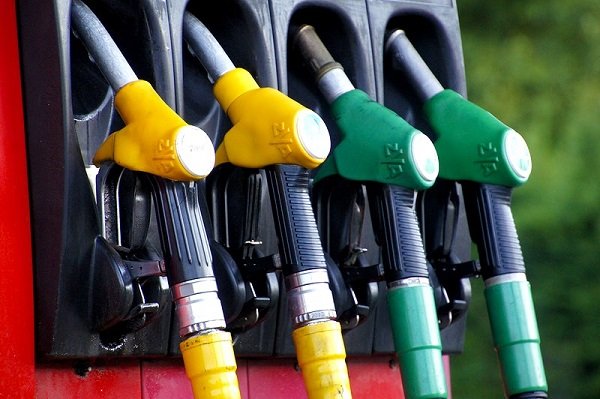This Content Is Only For Subscribers
To unlock this content, subscribe to INTERLIRA Reports.
In the first week of March, the price of gasoline at Brazilian service stations rose by R$0.17, or 3.3%, when the government adopted a partial reinstatement of taxes at the same time that Petrobras reduced the price of fuel at its refineries. With the resumption of taxes and price cuts by Petrobras, the market expects a final increase of R$ 0.26 per liter, considering the mixture of ethanol in gasoline. For its turn, Hydrated ethanol, which also had federal taxes reimposed, rose R$ 0.09 (2.4%,) to R$ 3.88 per liter. The control of fuel prices has been a quite important topic for the latest federal governments. The 2018 truck drivers general strike and recent consequences of fuel prices on inflation have been some of the main drivers for the attention dedicated to this issue.
Diesel
Diesel, which remains exempt from federal taxes until the end of the year and had a price reduction by Petrobras of R$ 0.08 per liter, fell R$ 0.03, to R$ 6.02 per liter in the survey of the ANP.
Partial Reinstatement of Taxes
On 28 February, Finance Minister Fernando Haddad announced that gasoline was going to have a R$0.47 increase and ethanol at R$0.02. The event was a consequence of the partial reinstatement of PIS/Cofins, which are taxes that had been totally cut by the government of Jair Bolsonaro (PL) to make fuel cheaper last year.
According to authorities, this reimplementation of taxes seeks to meet the fiscal targets voluntarily established by the Economy Ministry.
Popularity and Social Stability
However, to compensate the impact on popularity and on the social stability – inflation and potential strikes have been connected to the topic for a while – and that this measure would have the government sought to compensate the resumption of taxes with a new measure. Also on 28 February, Petrobras announced that the price of gasoline at distributors was going to drop by R$0.13, from R$3.31 to R$3.18. In addition, that Diesel, was going to reduction by R$ 0.08.
Politics in Petrobras
The cut in prices promoted by Petrobras came while international prices rose, thus, the price of gasoline in Brazilian refineries started present a difference in relation to the prices abroad. According to the Brazilian Association of Fuel Importers (Abicom), the difference was 11%, or R$ 0.39 per liter, at the beginning of Tuesday (07/03). For the CBIE (Centro Brasileiro de Infraestrutura), the difference is of 15%, or R$ 0.57 per liter.
It seems that this movement to support the government has been possible thanks to articulations carried out by the new company President, Jean Paul Prates, who was appointed by Lula. During his first press conference as president of the state-owned company, Prates said that the idea is to stop using the concept of import parity (PPI), which he considers an “abstraction”, which “only serves to make the competitor comfortable”.
Tax on Crude Oil Exports
In addition, the government is going to adopt a new tax on crude oil exports to compensate for the loss of revenue with the partial return of taxes. The government decided to tax crude oil exports at 9.2% with the aim of raising R$ 6.7 billion.
A sector of the truck drivers praised government decision to tax exported oil. Wallace Landim, known as Chorão, one of the leaders of the category, declared that crude oil goes abroad without paying any tax and we buy it within the PPI, being taxed in dollars. For him, this hampers the population and his colleagues.
Strike Threat
Fuel prices is a quite sensitive topic for the economic and social stability of the country. Federal decisions can spark popular responses, but local, state decisions too. Last week, tankers threatened to go strike to force the government of Minas Gerais state to back down from the decision that increased the amount of state taxes levied on diesel. The main complaint of truck drivers is that the government decided to increase the basis for calculating the Tax on Circulation of Goods and Services (ICMS) without prior notice. The readjustment was made by the government on March 1st – the same date on which federal taxes on gasoline were re-encumbered.




